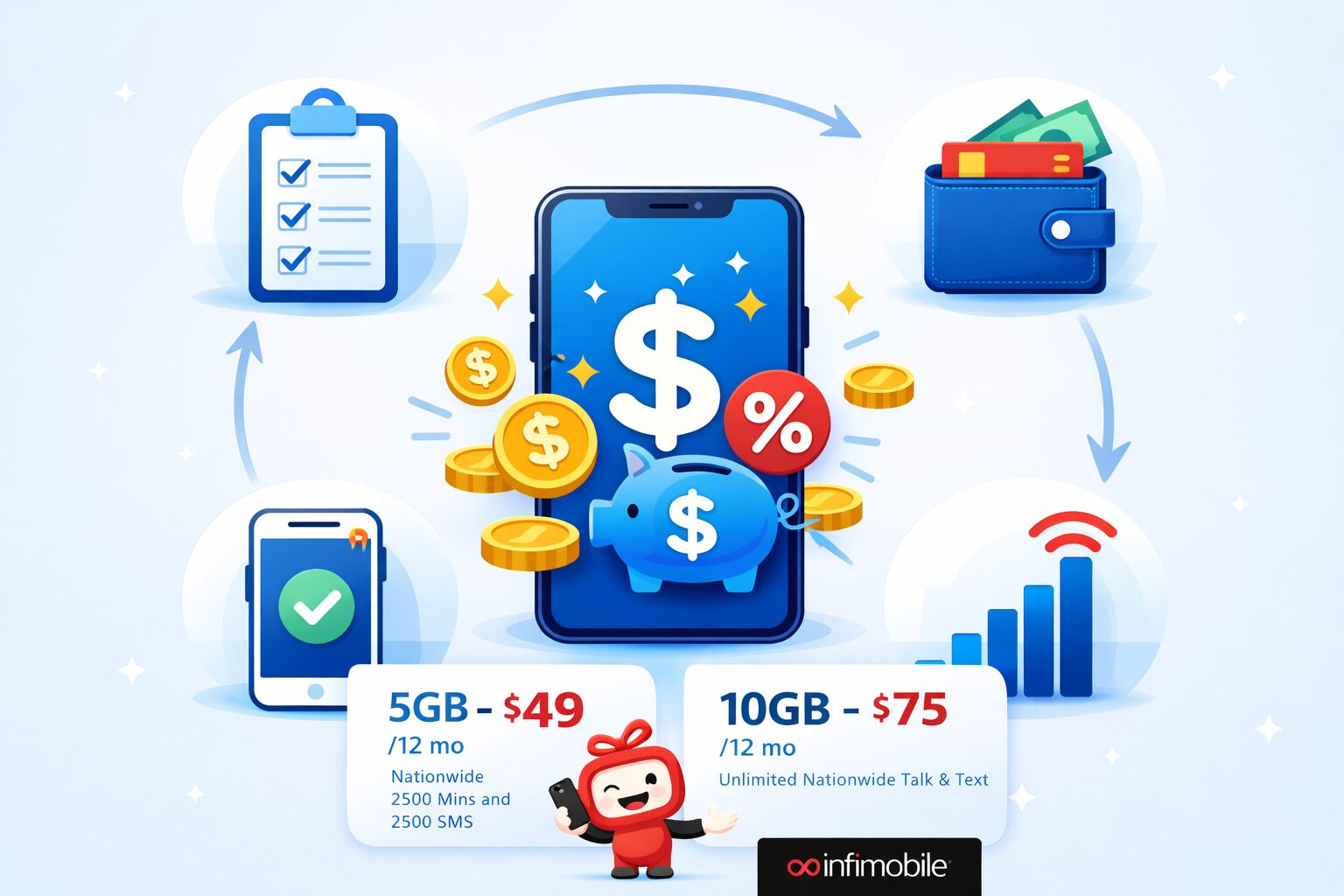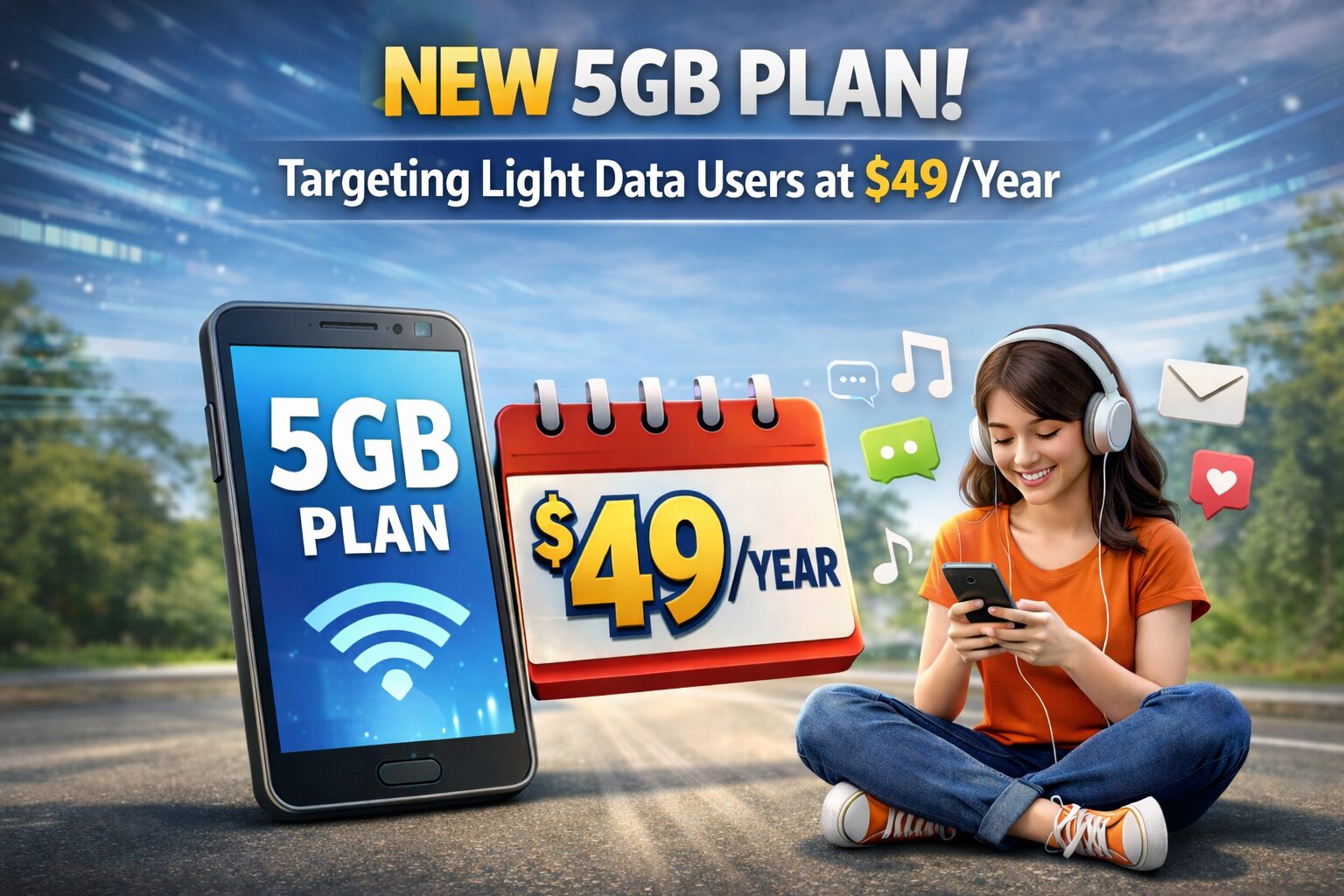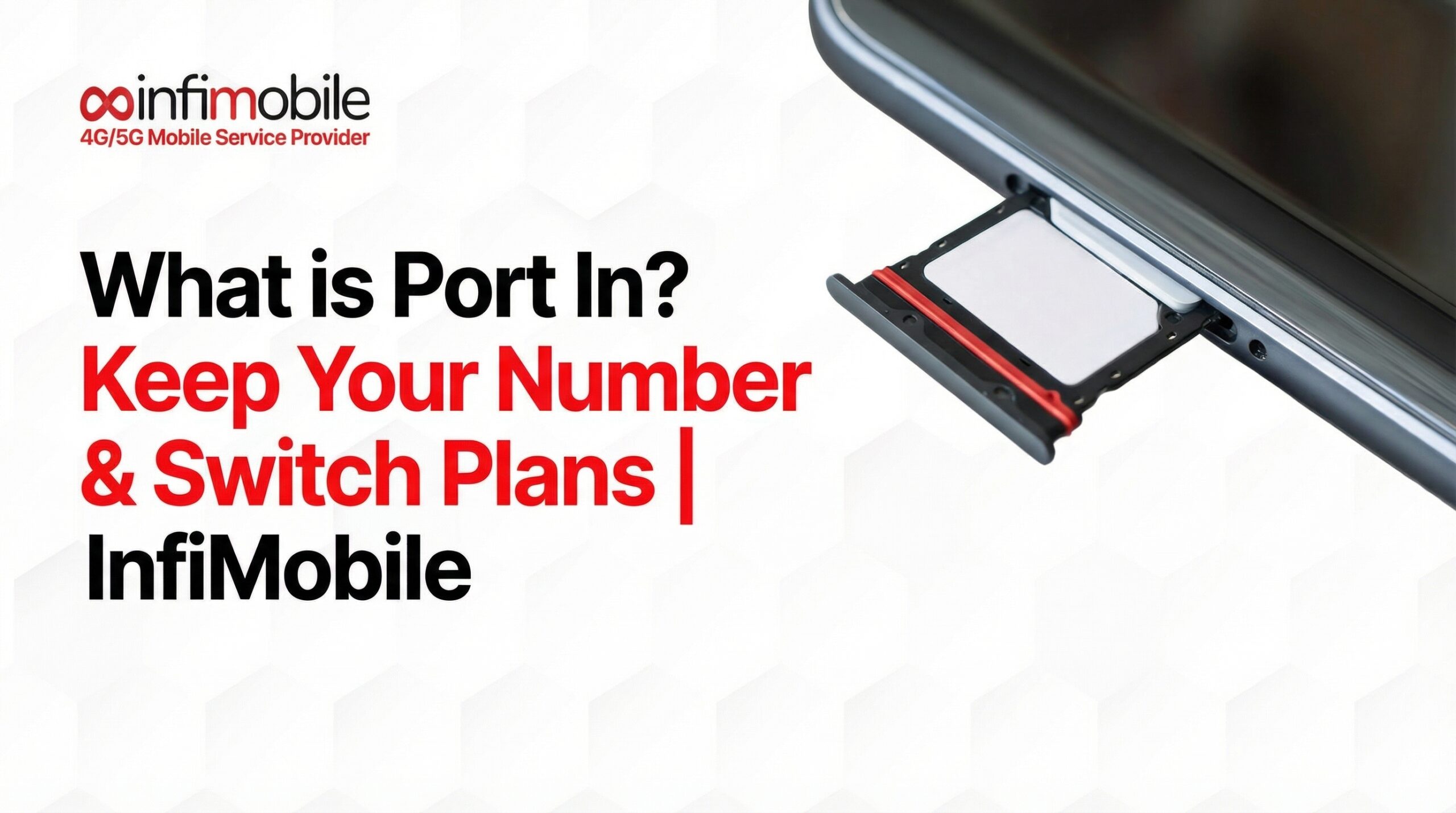This article will delve into the critical differences between 5G and 4G technologies. These two generations of mobile networks have revolutionized how we connect and communicate. By understanding these differences, you can make informed decisions when choosing between the two for your mobile needs. We’ll tell you about the 5G vs 4G debate here.
What is 4G?
4G is the fourth generation of mobile networks. It’s a significant leap forward from its predecessor, 3G. It introduced faster data speeds and improved connectivity. It also enabled the widespread adoption of smartphones and mobile applications. 4G’s peak download speeds typically reach up to 100 Mbps. This is perfect for browsing, video streaming, and social media.
What is 5G?
5G, the fifth generation of mobile networks, is the latest advancement in the field. It promises faster data speeds, reduced latency, and increased network capacity. 5G is set to empower a new era of innovation and interconnected devices. 5G can achieve download speeds of up to 10 Gbps. Hence, it paves the way for ultra-high-definition video streaming, augmented reality, and real-time communication.
5G vs 4G – A Complete Analysis
To completely understand the differences between 5G and 4G, there are several parameters for comparison. Here’s our list of all important parameters and how 5G and 4G perform under these.
Speed Comparison
Regarding data speeds, 5G outshines 4G by a great margin. Its download speeds reach up to 100 times faster than 4G. 5G enables quicker access to online content, seamless video streaming, and rapid file downloads. This means you can download your favorite movies or games in mere seconds. This is a feat unimaginable on 4G.
Latency
5G vs 4G – Latency, or the delay between sending and receiving data, is significantly reduced with 5G. This improvement ensures faster response times. It makes 5G ideal for real-time applications. So, online gaming, virtual reality, and autonomous vehicles prefer 5G. While 4G typically has a latency of around 50 milliseconds, 5G can achieve latency as low as 1 millisecond. This makes interactions in virtual environments more realistic and immersive.
Coverage
While 4G enjoys broad coverage across many regions, 5G networks are gradually expanding their reach. Initially focused on urban areas, 5G deployment is continuously expanding. More regions are expected to be covered in the coming years. As 5G infrastructure grows, rural areas and remote locations will benefit from enhanced connectivity. 5G will slowly bridge the digital divide.
Network Capacity
In the 5G vs 4G debate, 5G’s higher network capacity is a clear winner. That’s because it allows more devices to connect simultaneously without sacrificing performance. This enhanced capacity is crucial. It can accommodate the increasing number of smart devices and Internet of Things (IoT) applications. With 5G, networks can handle massive amounts of data traffic. They can support smart cities and advanced IoT ecosystems.
Device Compatibility
As 5G technology matures, more and more devices are becoming 5G-compatible. However, now, the majority of devices still operate on 4G networks. The transition to 5G may take time. The duration will depend on your device’s age and available infrastructure in your area. Upgrading to a 5G device will ensure you can fully utilize the network’s capabilities. In device compatibility of 5G vs 4G, 4G definitely wins.
Battery Life
One drawback of 5G technology is its potential impact on battery life. 5G has higher data speeds and increased connectivity capabilities. Some 5G devices may consume more power compared to 4G devices. However, advancements in chip technology and network optimization are addressing this concern. So, future 5G devices are likely to have better power efficiency.
Conclusion
In conclusion, 5G and 4G are distinct generations of mobile networks offering unique advantages. 5G’s faster speeds, lower latency, and higher network capacity promise a more connected future. But, 4G still serves as a reliable and widely available option. The choice between 5G and 4G depends on several factors. Some of these are your location, device compatibility, and specific requirements.
As technology evolves, we can expect more widespread 5G adoption. Further improvements here will redefine our mobile experience. If you’re seeking blazing-fast speeds and real-time responsiveness, 5G is for you. If you require a dependable and established network, 4G is still an option. Individual needs will have the last word in the debate of 5G vs 4G.
Feel free to Contact us to start your 5G or 4G journey with our flexible plans.










